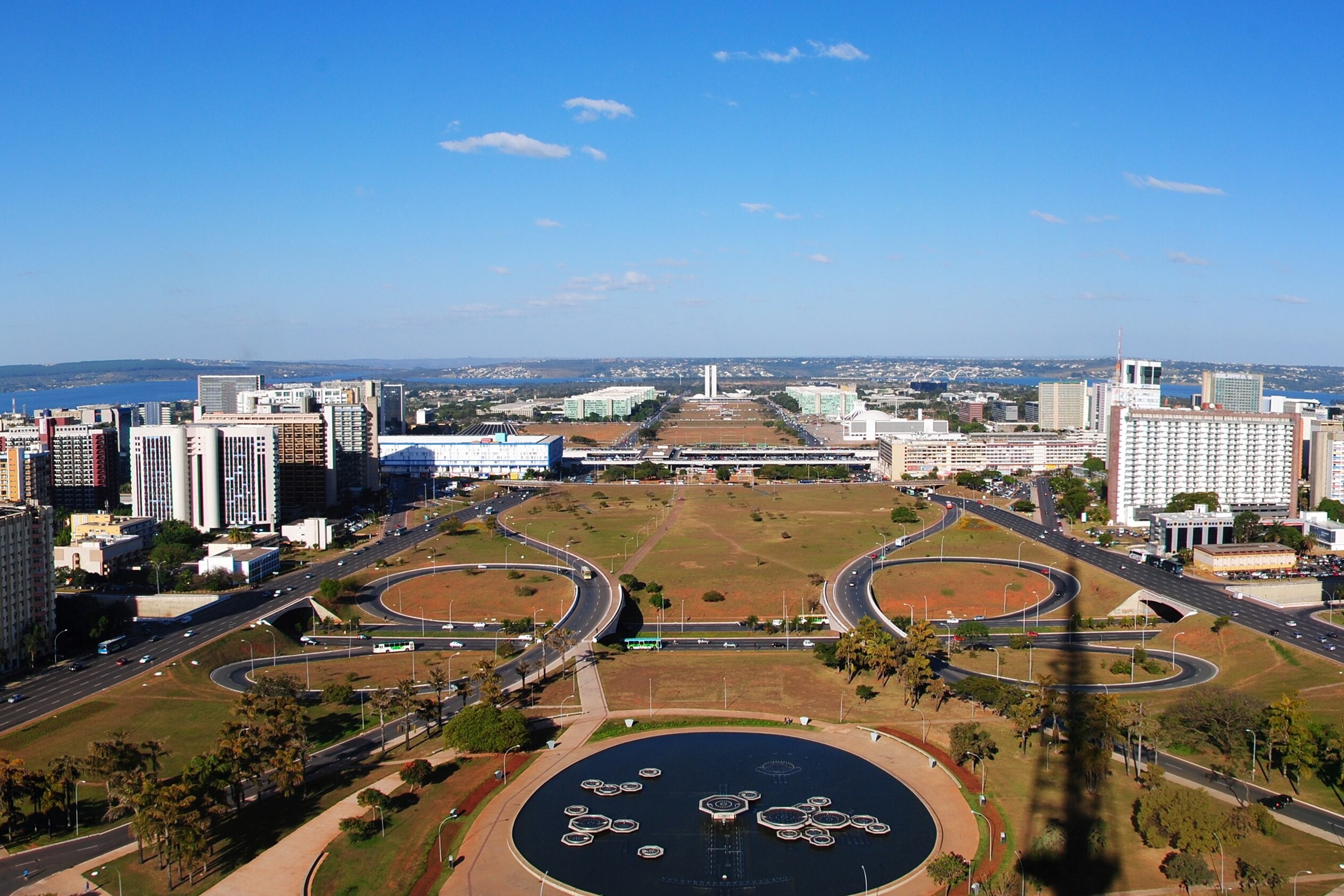After the recent changes and government interference, former members of the Brazilian public broadcaster met with Parliament to debate its current situation.
Last week, 19 October, the governments’ interferences with the Empresa Brasileira de Comunicação (EBC) were subject of a debate during a public hearing for the Commission of Financial Oversight and Chamber Control (Comissão de Fiscalização Financeira e Controle da Câmara) joined by the commissions of Culture (Cultura -CCULT), Participatory Legislation ( Legislação Participativa -CLP) and Human Rights and Minorities (Direitos Humanos e Minorias – CDHM).
The commission discussed the provisional measure announced by the government, led by Michel Temer, in light of the article 19 of Law 11.652/08. The Article ensures that the CEO of EBC has a fixed term of four years that doesn’t coincide with the country’s presidential election, in order to limit political interference in maintaining the public broadcaster’s independence. However, the provisional measure overrides these laws and has already led to the dismissal of the ex-president Ricardo Melo as well as the elimination of the Board of Trustees, leading to profound changes within the organisation and taking it further away from the public and closer to the government.
“Today the president can change the chairman of the EBC whenever he wants, he can change the editorial line anytime he wants,” said Melo during the public hearing. “That is [when] public broadcasting became official (state) broadcasting.”
Melo stressed the importance of the EBC as an independent broadcaster for the public and a vital instrument in the democratisation of information, noting how media in Brazil is highly concentrated and dominated by five or six families. To him, the creation of the EBC “was a step forward from the point of view of the democratic accomplishments by the Brazilian society, which guarded and preserved the media landscape – fleeing the purely commercial interests.”
According to Melo, the broadcaster was targeted because it doesn’t respond to the government and doesn’t fulfill its needs, nor those of the market. Many employees were recently dismissed from the company for having political opinions contrary to those of the current government. Melo also added that these deep transformations are happening against people’s will and without the necessary visibility for higher ranking personnel to form strong oppositions against them.
“There is no public system anymore, it was abolished without being contested first,” he said.
Jorge Solla, a member of Parliament, noted that there was opposition within the Camera but this wasn’t enough to cause significant repercussions. “They have dominion over the economy, the media and the judiciary,” he said.
According to him, the government’s intervention is an attempt to control the media at large and avoid any strong disagreement with Temer’s mandate.
The rapporteur of the provisional measure, Senator Lasier Martins, said he will defend the idea that the EBC is a public broadcaster, not a governmental outlet.
“I do not believe that President Michel Temer is against the transformation of EBC in a governmental institutions, where the predominant, decisive interest is the interest of the Brazilian citizens…We are going to fight a lot. It cannot be a government broadcaster” – Senator Lasier Martins.
On the same day, the Commission established a joint committee of senators and representatives to review the proposal and assess its validity against the law. However, more will need to be done in order for the EBC to remain truly independent.
“It is more than clear that there is an intention, not only intent, a fierce stand against social progress and progress there has been in the Brazilian society in the last 13 years,” Melo said.
Header image: Sugar Loaf Mountain with radio towers, Rio de Janeiro. Credits: anthony_goto/Creative Commons
Related Posts
12th October 2016
Further measures undermine public media in Brazil
The government’s decision to wipe out…
27th September 2016
The future remains uncertain for public service media in Brazil
The future of public media in Brazil is…

